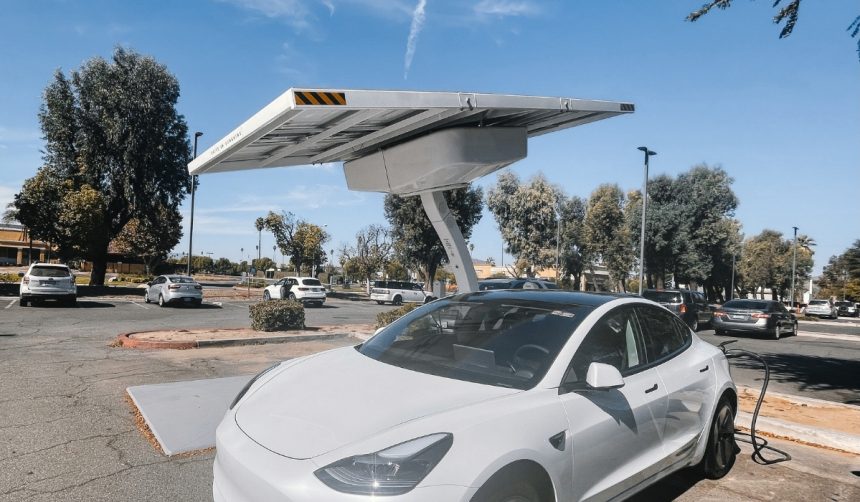Questions about executive compensation and social equity have re-emerged, following pointed remarks by Pope Leo XIV about prominent business leaders. In an interview, the pope referenced Tesla CEO Elon Musk, highlighting rising concerns surrounding the concentration of wealth among a select group of individuals. The Church leader’s statements ignited a renewed debate on the implications of such pay arrangements for broader society, while also prompting reviews of how executive earnings are typically structured and reported. Discussions now focus not just on individual cases, but also on the broader context of disparity between leadership rewards and average worker compensation.
Discussions about executive compensation have often cited Elon Musk as a central figure, especially when news broke about his potential to become the world’s first trillionaire through a Tesla pay package. However, previous coverage usually focused on the financial mechanics or shareholder impact of such agreements, rather than addressing underlying ethical or societal concerns as outrightly as Pope Leo XIV did. Other sources have also varied in their approach, sometimes highlighting the long-term performance-based nature of Musk’s awards or prevalent trends in CEO pay compared to historical norms. With the pope’s comments, there appears to be a shift from strictly analytical or financial perspectives toward a discussion involving social values, inequality, and global polarization.
How Did the Pope Frame His Concerns?
Pope Leo XIV’s statements referenced recent reports about Elon Musk possibly reaching trillionaire status through compensation from Tesla. He questioned the implications of assigning high value to financial accumulation, warning about the potential consequences for communal values and economic justice. The pope observed that the expanding disparity between the wealth of top executives and the average worker represents a threat to the fabric of society, expressing unease about the message this sends regarding merit and worth.
“If that is the only thing that has any value any more, then we are in big trouble,”
Leo XIV stated, directly addressing the meaning society attaches to extraordinary wealth.
Are Musk and Tesla Unique Among Executives?
While Elon Musk’s name was at the forefront, Pope Leo XIV noted the broader trend, highlighting that it is not isolated to a single company or CEO. He pointed to a dramatic increase in the income gap, stating that while executives once made several times a worker’s salary, they now often earn hundreds of times more. The pope used this comparison to illustrate his wider concern about growing disparities, not only at Tesla but across major corporations globally.
“CEOs that 60 years ago might have been making four to six times what the workers are receiving, the last figure I saw, it’s 600 times what average workers are receiving,”
he observed during the interview.
Is There a Mismatch in Understanding Executive Pay?
Some analysts and observers note that perceptions about Musk’s net worth may not account for the structure of his compensation. Unlike traditional salary payments, Musk’s earnings are tied to the performance of Tesla and realized only if the company achieves ambitious milestones, such as reaching a valuation of $8.5 trillion. Critics argue that this arrangement aligns shareholder interests with leadership incentives, distinguishing it from guaranteed or fixed high salaries. As a result, the actual distribution of wealth may be less immediate and more contingent than many reports suggest, though the scale remains contentious.
When assessing executive pay at firms such as Tesla, it is important to consider both the structure and societal perception. Performance-based packages like Musk’s are designed to reward success and align with shareholder returns, but public scrutiny persists regarding broader implications for income distribution and corporate culture. These concerns are further amplified when influential leaders, such as Pope Leo XIV, add moral and ethical considerations to the debate. For readers seeking to understand this issue, it is crucial to distinguish between compensation frameworks, headline wealth figures, and the values that various stakeholders seek to prioritize. Awareness of how such wealth is generated and distributed can provide necessary context for informed opinions on executive pay and social responsibility.
- Pope Leo XIV criticized executive pay and highlighted Elon Musk’s compensation package.
- The pope warned about growing income disparities between CEOs and workers globally.
- Discussions continue about performance-based pay structures and their societal impact.










